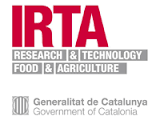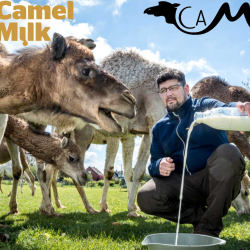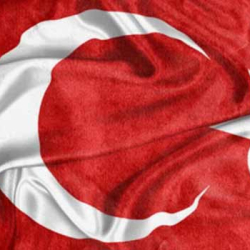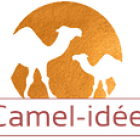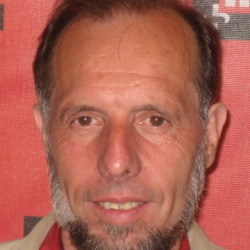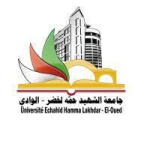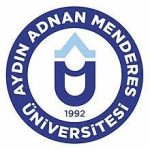ABOUT US




CAMELMILK is focused to promote the production, processing and consumption of camel milk and camel dairy products in the Mediterranean area. The project want to empower smallholder and small SMEs of the camel milk sector with the required tools to ensure an increase of competitiveness, company growth and job creation at both shores of the Mediterranean. Camel milk has traditionally been used for its medicinal values in rural regions, however, its special nutritional properties (rich source of bioactive, antimicrobial and antioxidant substances, no allergic respond, support diabetic treatment, etc.) has lead to a recent growing demand of urban population. CAMELMILK will improve and bring existing camel milk production systems in Algeria and Turkey closer to EU standards to increase efficiency, quality and safety and setting the bases for a short-future exportation to EU and adapt processing technologies to camel milk properties to produce pasteurized camel milk, fermented camel milk products and different types of cheeses in Spain, France, Turkey and Algeria. To achieve a successful market implementation and to support market uptake of the developed products CAMELMILK will take into account different aspects: (i) regulatory issues and legislation, (ii) improve the camel milk value-chain to allow the smallholders and small SMEs involved in the project to occupy a new market niche with a high potential in the coming years, (iii) define the most convenient business models and market strategies for each industrial partner involved in the project and (iv) determine consumers acceptance, knowledge and willingness to consume/pay for camel milk products. CAMELMILK will contribute to the development, interaction and collaboration of the areas of the Mediterranean basin.
